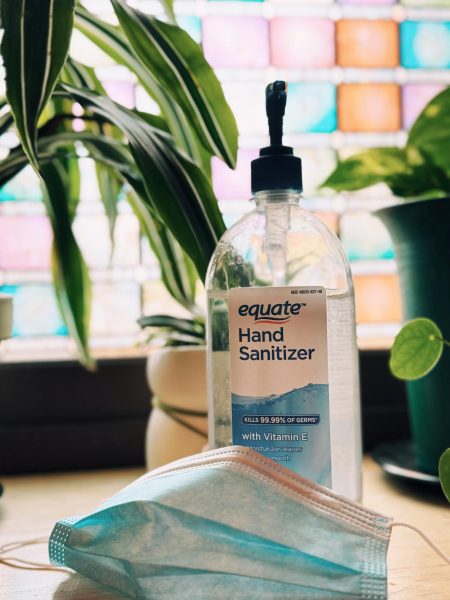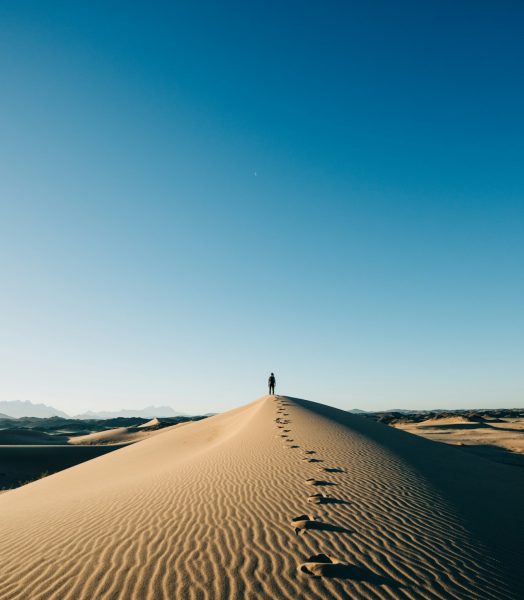Ferguson represents a history of violence against blacks
Just over one hundred days ago, an unarmed man was killed in the middle of the street, hands up in the air while yelling “Don’t shoot!” It seems like a pretty cut and dry case when stated that way.
A man was murdered.
Some eyewitnesses have said differently, that the victim charged the killer, tried to take the cop’s gun away.
But the story has been twisted and reformed over the past 100 plus days. Now, despite a live tweet and video showing bystanders reacting, the person who shot the man was acquitted of all charges. Evidence swirls around the Internet that never seemed to reach the grand jury. Peaceful protests are being attacked with rubber bullets and tear gas. Media members are being told to shut off their cameras, often violently. Conditions were so bad, Amnesty International was deployed on U.S. soil for the first time.
Most of you by now know I’m talking about the death of Michael Brown, the acquittal of Darren Wilson, and the resulting climate in Ferguson. I don’t know about you, but I’m confused. I’m angry. I’m saddened. I’m disgusted.
A big part of me wants to believe Wilson was in the right. I know plenty of cops who are good people to the core, who would never shoot an unarmed person. I know cops who have put their lives on the line to protect the person they’re trying to arrest — rather than shoot, they tried to resolve the arrest with no loss of life. But not all cops are “good guys.” It’s becoming harder and harder to believe that the majority of cops are good people. As I watched the story unfold and the facts pile up, the more I realized this was, once again, a case where a cop killed an unarmed black man.Whether we want to admit it or not, race is a part of this. This case is eerily similar to black teenager Trayvon Martin’s death in 2012.
But we don’t talk about Martin’s death much anymore. And Ferguson is getting pushed to the back pages more and more each day.
Even though the talk around Ferguson is starting to die down, to become “old news” you might say, the issues surrounding it still exist. We can’t afford to stop talking about it. In the past 100 plus days, at least six black teens were killed by cops. One was on a swing, holding a legal BB gun he never pointed at the cops. He was twelve, not even a teenager.
We are beyond the point of discussing whether Wilson was right or wrong in shooting Brown (although signs point to “murderer who got off scot-free” rather than “cop who was protecting himself”). We are beyond the point of being able to change what happened with Wilson before he finally resigned. This does not mean we should stop talking about it.
Black male teens are 21 percent more likely to be killed by police than white male teens. Killers like Charles Manson, Ted Bundy and James Holmes were all taken into custody without their deaths. Their crimes were much more serious than allegedly stealing cigars and jaywalking.
We can’t let stories like Brown’s and Martin’s keep getting swept under the rug. We can’t let institutional racism continue to defile our society. We need to keep talking, keep protesting and keep our hands in the air until we finally can see some real change.
A little over a week ago, a video showed up on my Tumblr dashboard. In it were clips of black men and women being arrested for peacefully protesting, attacked with police brutality for using their voices. For a moment, I truly thought I was rewatching the footage from the protests in Ferguson. It took me a bit to realize I was actually watching the trailer for “Selma,” a movie documenting the 1960s civil rights marches and Rev. Dr. Martin Luther King Jr’s role in them.
What would the Rev. Dr. King say about the latest loss of black lives? We can speculate, but will never know. He was shot and killed by a white man too.
Kjerstine Trooien is a staff writer for The Dakota Student. She can be reached at [email protected].






